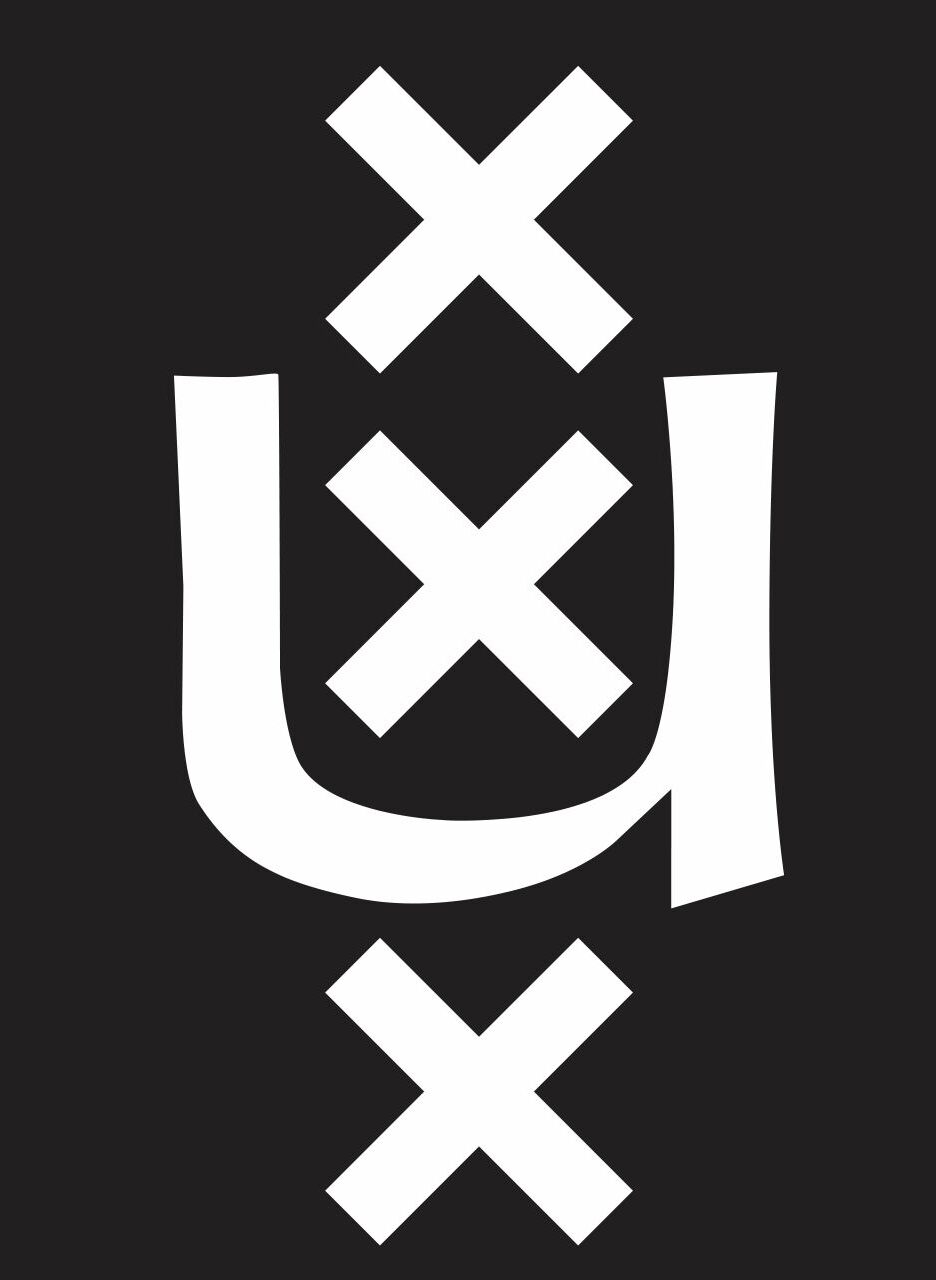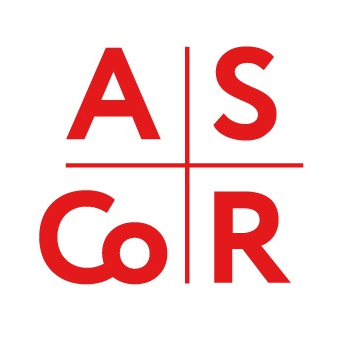Studying Communication Science for three years as a bachelor’s student, I thought I now know what our field is about. Getting acquainted with communication theories through Introduction to Communication Science (ICS) course, and further learning about specific modules through Political, Entertainment, Corporate, and Persuasive Communication courses, I felt as if I know the endpoint of our field, especially since the theories that I learned in the first years kept re-appearing in the second and third year courses.
But what I thought I knew was only a small bit of our field. Before working as a research assistant in Amsterdam School of Communication Research (ASCoR), I never knew that there are some dominant academic associations like International Communication Association (ICA) that acts as the central pole of the communication scholars worldwide. I never properly knew about communication journals, and about the few journals are deemed prestigious to the communication scholars. Perhaps, I didn’t even properly know the difference between journals (e.g. Journal of Communication), the publishers that publish these academic journals (e.g. SAGE, Elsevier), and the database that gather the publications from various journals (e.g. Web of Science). If I had been educated by the university courses about the ‘content’ of Communication Science, the internship experience let me see the field as an academic ‘job’ field.
I started this internship to test myself, on whether I have possibilities to become a Communication researcher. I was quite confident that I liked conducting research, because writing research reports was one of the best parts that I enjoyed during the university courses. Working as a research assistant, I was able to lead the research project with my host supervisor (professional researcher in ASCoR) and research master students. As research proceeded, I soon realized that the part that I liked about conducting research was more of the technical operations (e.g. statistical analysis), than the theoretical works. I felt so stressed to read over 50 literatures to find how our research can contribute to the scientific knowledge, but when I worked on the computation operations such as web scraping and statistical analysis, I felt so relieved and excited. I was delighted to practice the python skills I learned from my minor courses, to search for advanced manipulation in Qualtrics online, and to learn new formulas I can utilize in Excel. The internship experience gave me a critical lesson about myself- that my best enjoyment comes from computational/analytical works, and that I would need to pursue a future career path that allows me to continue these operations.


